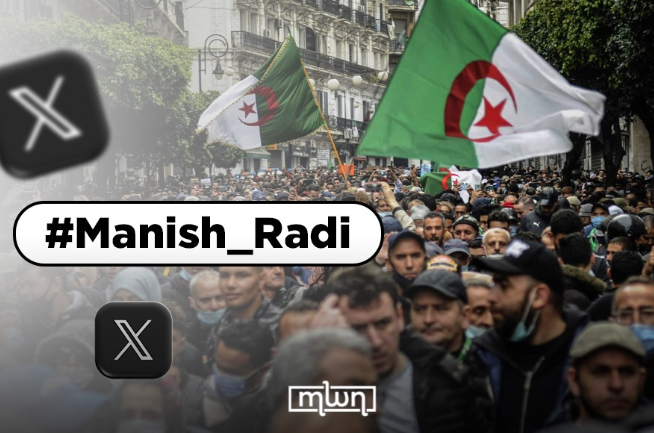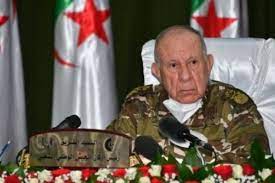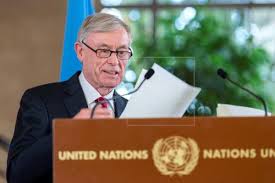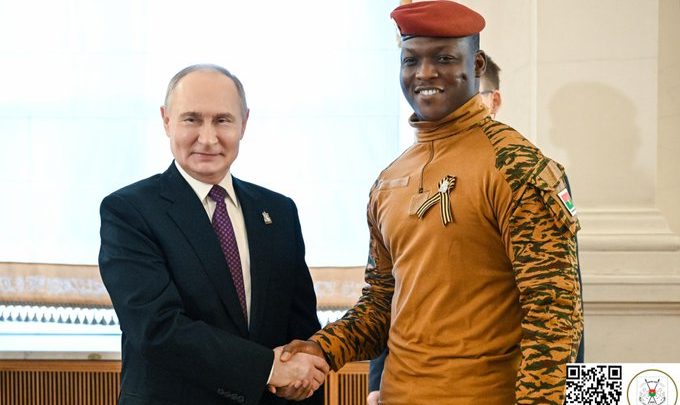The feckless Algerian military regime starts 2025 with another diplomatic crisis with neighboring Mali making analysts expect more turmoil this year as army chief Said Chengriha has tightened his grip on the country after he promoted himself to Delegate defense minister, while the region and the world are witnessing tectonic geopolitical changes.
Chengriha’s promotion has altered the balance of power in the country. By holding two posts, he gives himself almost complete control over the military, security, political and economic institutions. As a minister, he attends cabinet meetings and takes part in all decision-making.
Chengriha’s increased power has been further enhanced by his replacement of Major General Amar Athamnia as Commander of the Land Forces by Major-General Moustafa Smaïli. The holder of the post usually becomes the next Chief of the Army Staff and therefore Chengriha’s likely successor. Athamnia was neither supportive nor opposed to Chengriha, unlike Smaïli, known for his close ties with the newly appointed delegate defense minister.
According to some experts’ prediction, Algeria’s political and economic crises will continue to worsen in 2025 with growing social discontent over the deteriorating living conditions. Algerians are suffering from acute shortage of drinking water and staples such as milk, flour, oil, lentils, beans…in an oil- gas producer and exporter country.
The price of potatoes, peppers, green beans, oranges and meat have gradually risen, fueling public anger and resuscitating again the Hirak movement which is gaining momentum in social media networks.
Thousands of Algerians have launched on social media a campaign to express their dissatisfaction about the country’s deteriorating political and social conditions. The hashtag #مانيش_راضي (I am Not Satisfied) has gone viral, showing the extent of the public anger against the current military regime.
Alarmed by the situation which comes following the fall of the Assad regime, the Algerian authorities reacted violently against the activists and internet users who shared the anti-government hashtag.
Security forces have intensified their crackdown on dissent and online protestors through restrictions on freedoms of expression, association, assembly, and movement.
Algerian authorities have increasingly used charges related to terrorism to prosecute and muzzle human rights defenders, activists, and other critics, exacerbating social and political instability, turning the country into a ticking time bomb, threatening regional peace and stability.
On the international scene, Algeria has strained relations with all its neighbors (Morocco, Mauritania, Libya, Mali, Niger, Burkina Faso, Chad…) as well as with Gulf nations, most African countries, European Union and even superpowers namely the USA and Russia.
The Algerian regime violations of human rights, absence of democratic reform and increasing militarization of the State could lead to global sanctions, deepening further its international isolation and risking the same fate as Assad dictatorship.



